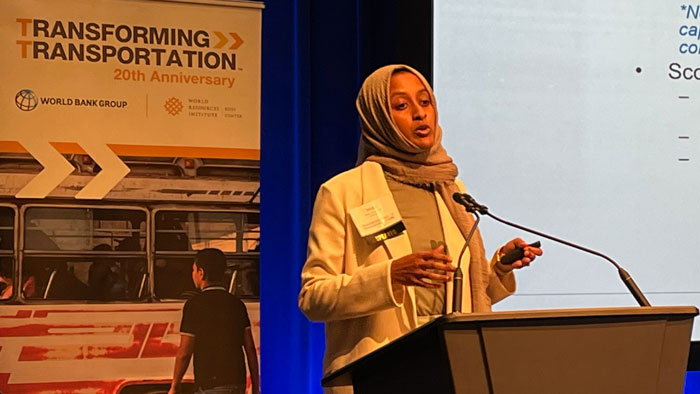”Status and Opportunities of Shared Mobility Systems in China”
VREF commissioned a report about Informal Public transport to the Future Mobility Project teams, working for the Sustainable Cities Program at the World Resources Institute-China.
In response to the challenges of both COVID-19 and climate change, the public transport needs to be redefined. Traditional “public transport” ridership – mainly bus and metro systems – dropped in many Chinese cities during the peak of pandemic but has recovered to pre-pandemic levels. During the peak of the pandemic, shared bicycles served as one of the few resilient and safe ways in which citizens could move around and were important for providing essential mobility needs. As cities begin to reopen, transport culture may shift from collective modes to individualized and customized transport modes.
There is a strong growth trend in the use of informal public transport modes (mostly referred to in China as shared mobility) throughout 300+ cities in China. These modes are either integrated with traditional mass transit catering to first/last-mile demand or used to fully replace private cars. Public transport is being re-defined as systems that integrate buses and metros with other modes, particularly shared and active mobility (i.e., cycling and walking). However, many informal and shared-mobility markets (e.g., bike sharing, 2/3-wheeler for urban delivery) are still not well regulated, and some markets are unhealthy for employees (e.g., 2/3-wheelers). Meanwhile, most Chinese cities are still facing major challenges with respect to safety, equity, environmental, and many other issues related to the growth of shared-mobility services.


